What to Do After a House Fire: Comprehensive After-Fire Checklist
.svg)
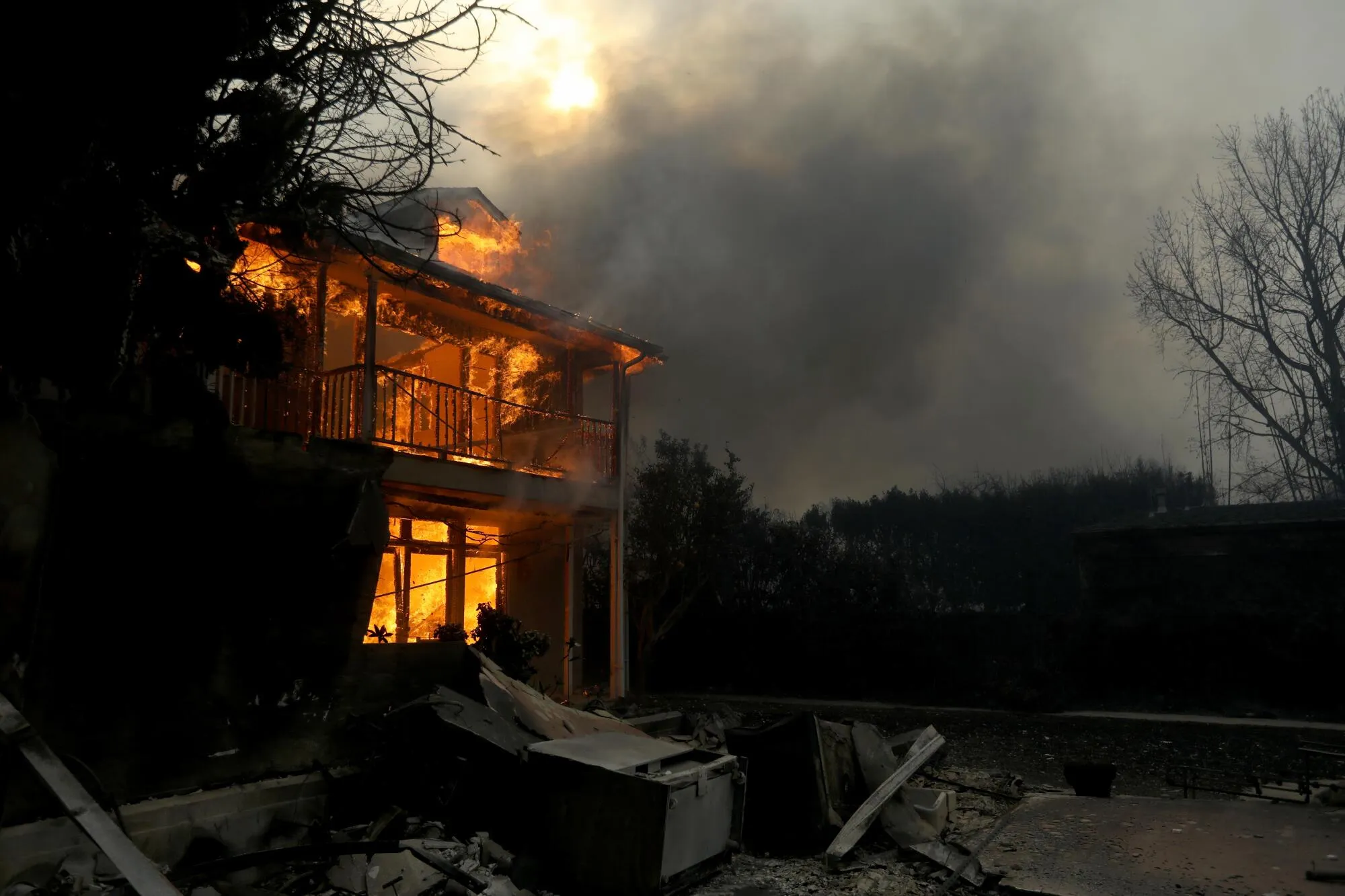
House fires are among the most devastating disasters a homeowner can face. According to the Red Cross, small house fires are the most common disaster in the United States, yet 80% of Americans are unaware of this fact. A house fire can cause significant damage to your property, leaving you overwhelmed and unsure of the next steps. This comprehensive guide will help you navigate the aftermath of a house fire and outline the steps you need to take to recover and rebuild.
Table of Contents
- How Do House Fires Start?
- Immediate Actions After a Fire
- Check on Your Family
- Notify Your Insurance Provider
- Assessing the Damage
- Can Your Home Be Salvaged?
- Determining If It’s Safe to Re-Enter
- Organizing and Salvaging Possessions
- Separating Damaged and Undamaged Items
- Cleaning and Storing Salvageable Belongings
- Finding Temporary Shelter
- Health Risks and Safety Concerns
- Rebuilding After a Fire
How Do House Fires Start?
House fires can start in a variety of ways, including kitchen accidents, faulty electrical wiring, or even outdoor grill mishaps. Different types of fires—such as electrical, grease, or chemical fires—require unique responses and can cause varying degrees of damage. Regardless of the cause, house fires generate extreme heat that can warp structural elements, melt materials, and compromise the safety of your home.
Immediate Actions After a Fire
Check on Your Family
The first step after a house fire is ensuring your family’s safety. Confirm that everyone is accounted for and uninjured. Fires can be traumatic, particularly for children, and emotional support is crucial during this time.
Contact any family members who were not present to inform them of the situation. If you are renting your home, notify the property owner immediately to discuss next steps.
Notify Your Insurance Provider
One of the most important things to do after a house fire is to contact your homeowner’s insurance provider. Filing a claim promptly will set the restoration process in motion. Be prepared to share details about the fire and request a copy of the fire department’s report, which can aid your claim.
Assessing the Damage
Can Your Home Be Salvaged?
A house fire’s intense heat—reaching up to 600°F—can cause significant structural damage. Your insurance company will likely send an adjuster to evaluate the damage. They will determine whether the home is repairable or requires demolition and rebuilding.
In cases of repairable damage, you’ll need professional fire damage cleanup to address smoke, soot, and water damage. Restoration companies can also perform water mitigation to prevent mold growth caused by firefighting efforts.
Determining If It’s Safe to Re-Enter
Do not re-enter your home until the fire department deems it safe. Even if the fire appears to be out, structural damage may pose a risk. Hidden dangers such as weakened floors and ceilings or lingering smoke can jeopardize your safety.
When given clearance, focus on retrieving essentials like birth certificates, medical records, and valuables. Avoid consuming food, cosmetics, or medication left in the fire-damaged home, as they may be contaminated.
Organizing and Salvaging Possessions
Separating Damaged and Undamaged Items
Start by creating a list of damaged and undamaged items. This list will be crucial for filing an insurance claim. Including receipts, bank statements, and photos of your belongings can strengthen your case.
Cleaning and Storing Salvageable Belongings
Items such as glass, metal, and non-porous materials can often be cleaned and salvaged. However, porous items like fabric and paper may require specialized cleaning to remove smoke and soot damage. Consider using a fireproof storage unit to protect salvaged items during the restoration process.
Finding Temporary Shelter
Most homeowner’s insurance policies cover temporary lodging expenses during the restoration process. If you don’t have insurance, local disaster relief organizations like the American Red Cross or Salvation Army can help you find housing.
Health Risks and Safety Concerns
Living in a home with smoke or fire damage is not safe. Even small fires can leave behind soot, toxic particles, and compromised air quality. Exposure to these hazards can lead to respiratory issues, skin irritation, and long-term health problems.
Professional fire damage cleanup is essential to remove all traces of soot, ash, and contaminants. Restoration teams can also eliminate lingering odors and sanitize affected areas to make your home safe for reoccupation.
Rebuilding After a Fire
Planning Your Restoration
Once the cleanup is complete, work with a licensed contractor to rebuild or repair your home. Homeowners with insurance may have the costs covered entirely, but it’s crucial to understand your policy and document all expenses.
Fire Prevention for the Future
Consider investing in fire prevention measures such as smoke detectors, fireproof safes, and heat-activated sprinklers. These systems can mitigate future damage and provide peace of mind.
Frequently Asked Questions
What Should You Do Immediately After a House Fire?
Ensure everyone’s safety, contact your insurance provider, and find temporary shelter. Prioritize your mental health and seek professional help if needed.
Do I Need Professional Cleanup After a Small Fire?
Yes. Even small fires leave behind hazardous soot and smoke residue that require professional cleaning.
What Happens If You Don’t Have Insurance?
Without insurance, you’ll bear the cost of rebuilding and replacing personal items. Charities and legal options may provide some relief if the fire wasn’t your fault.
Conclusion
A house fire can be devastating, but recovery is possible with the right steps. By following this guide, you can navigate the aftermath, protect your family, and rebuild your life. For professional assistance, contact experienced public adjusters or fire restoration companies to help you through the process.
For expert guidance and support, reach out to Claim Warrior, your trusted public adjusters. Let us help you maximize your insurance claim and ensure a smooth recovery.



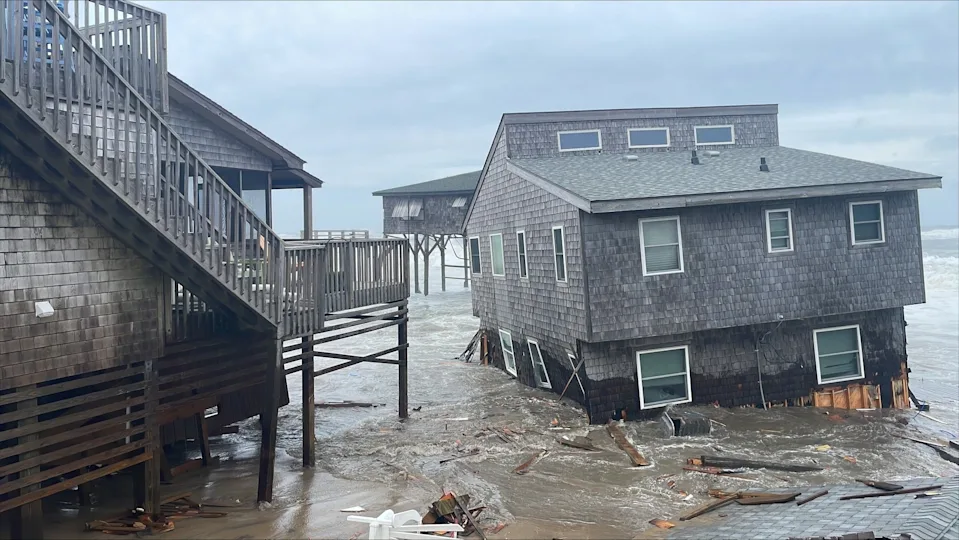
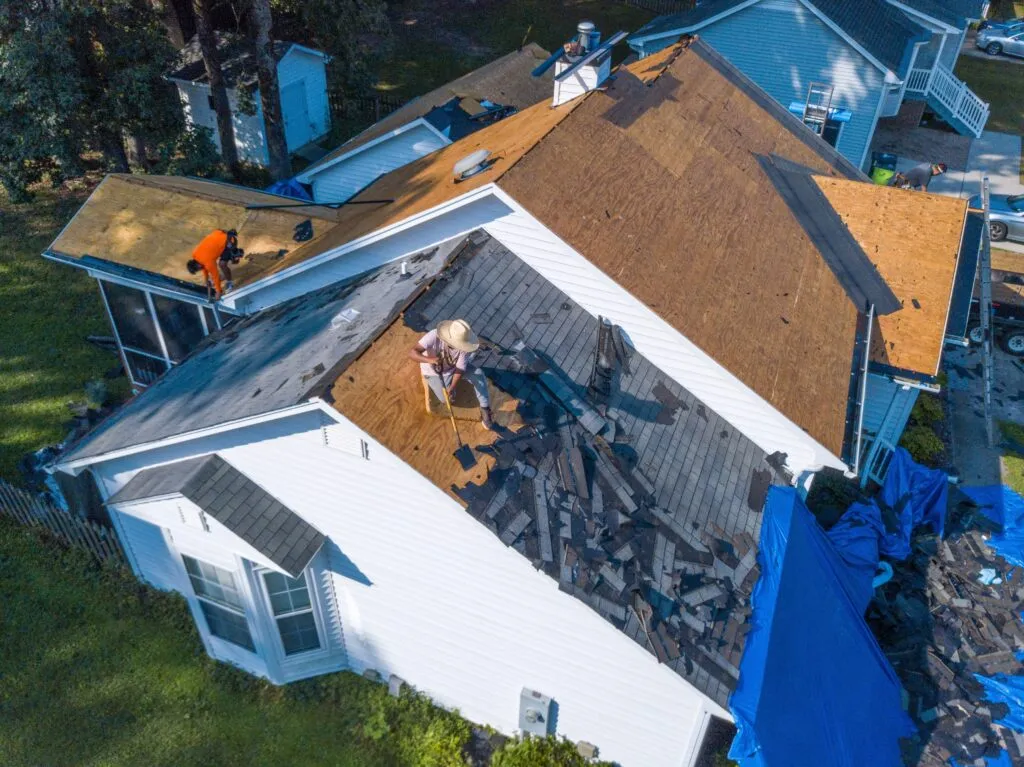

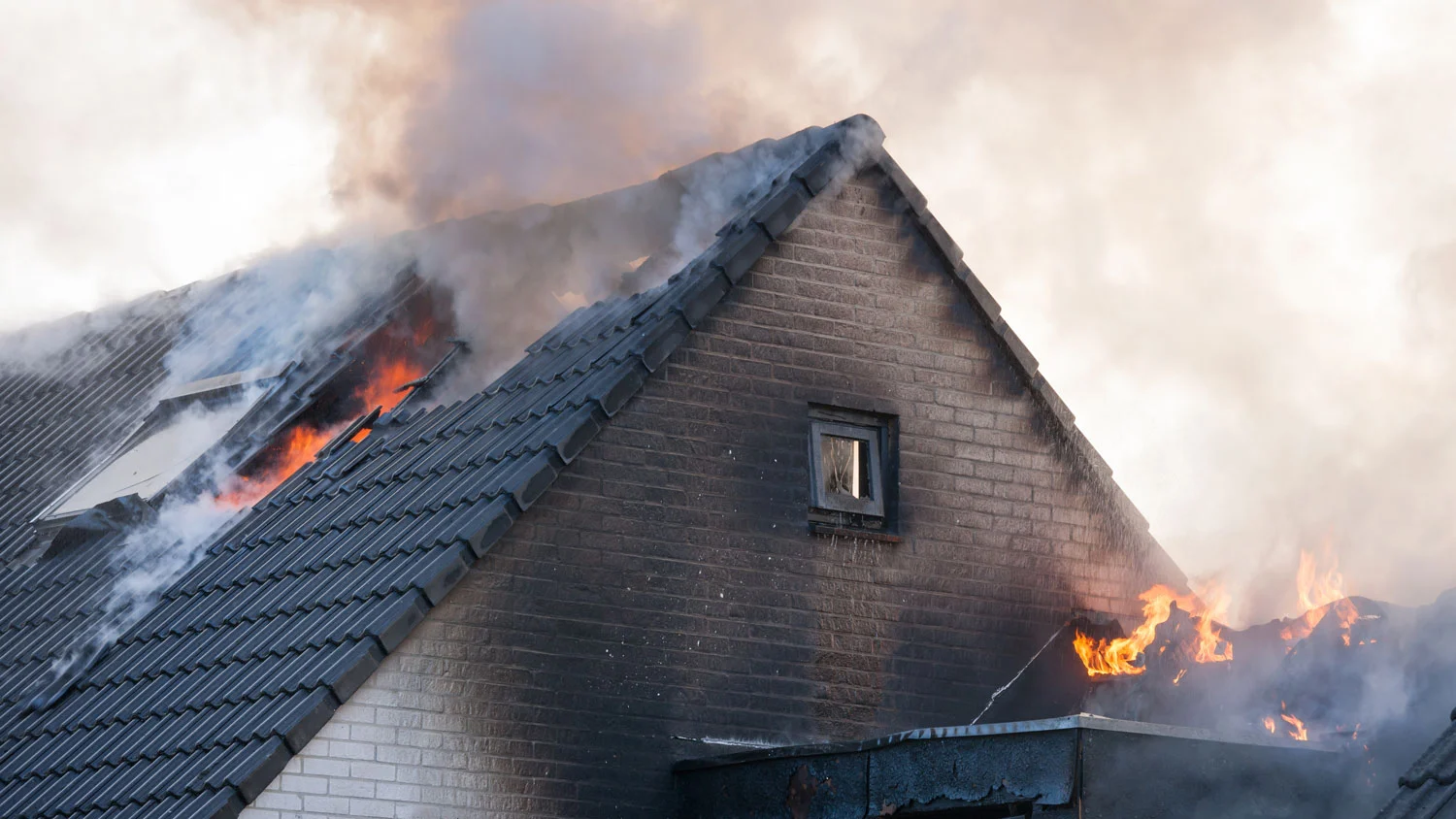
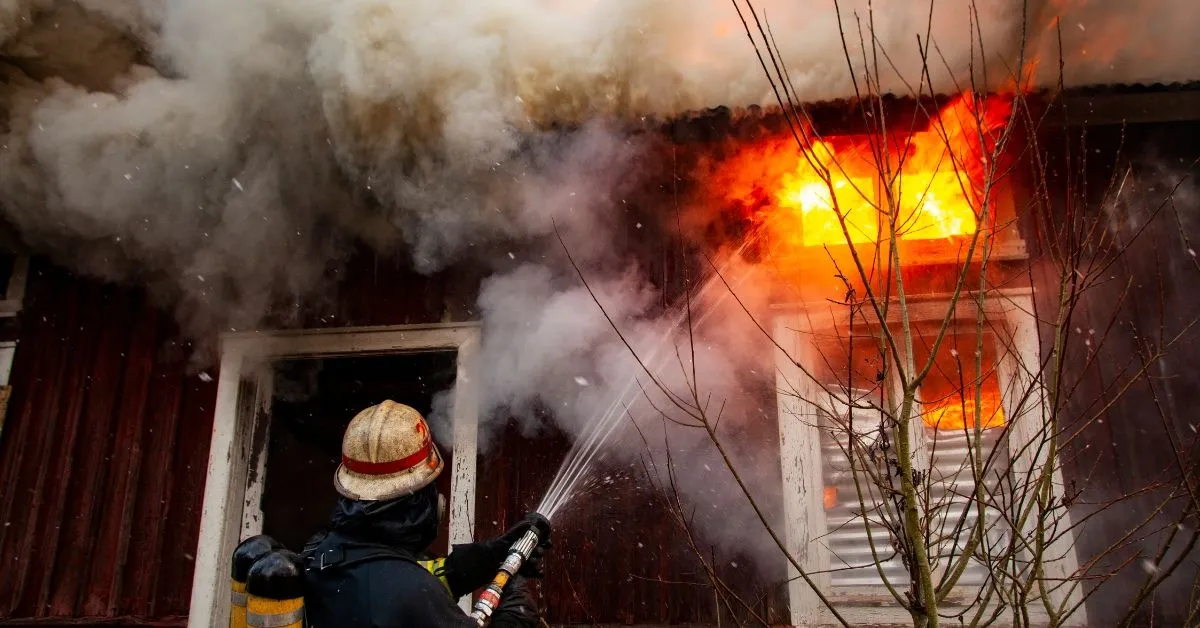
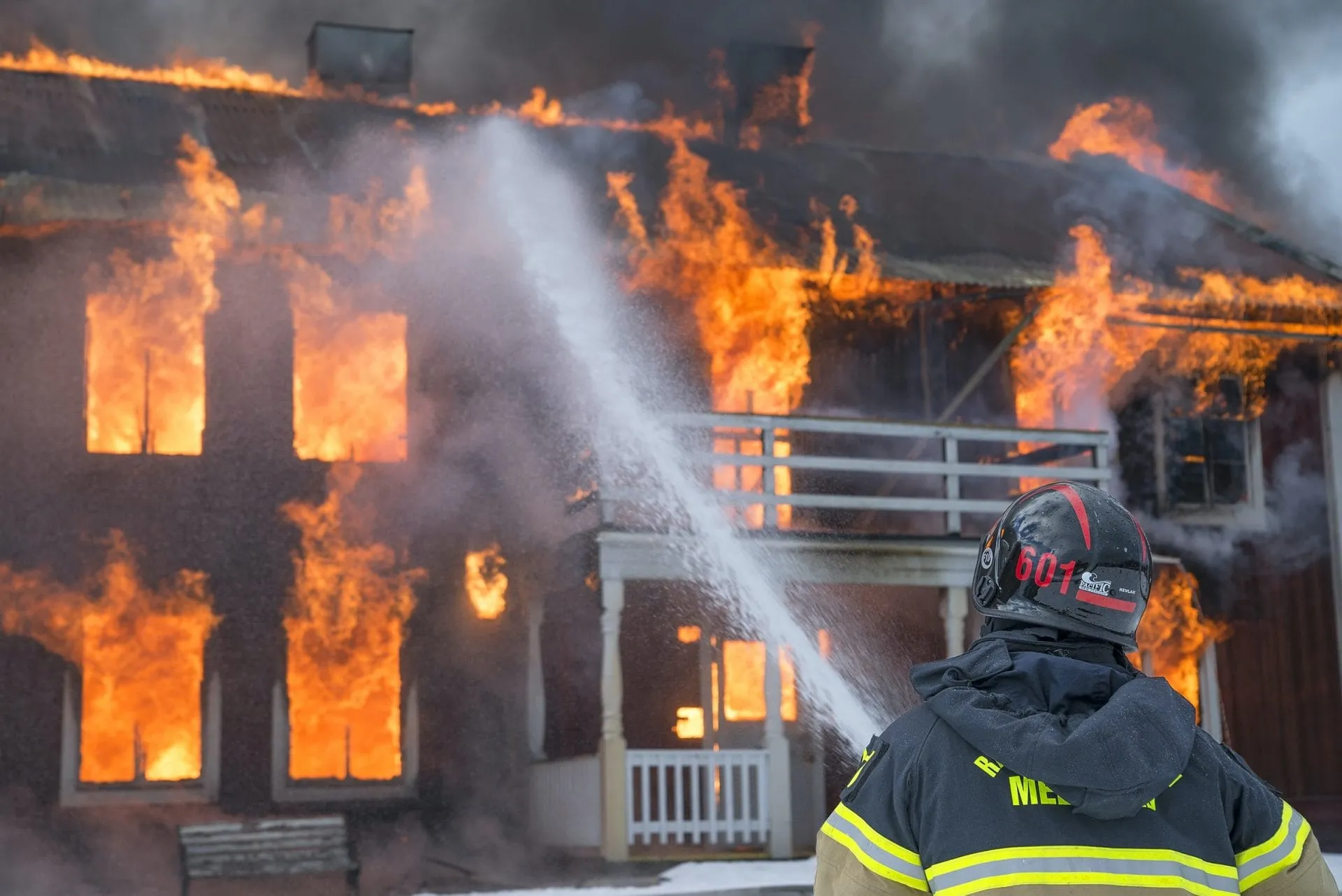
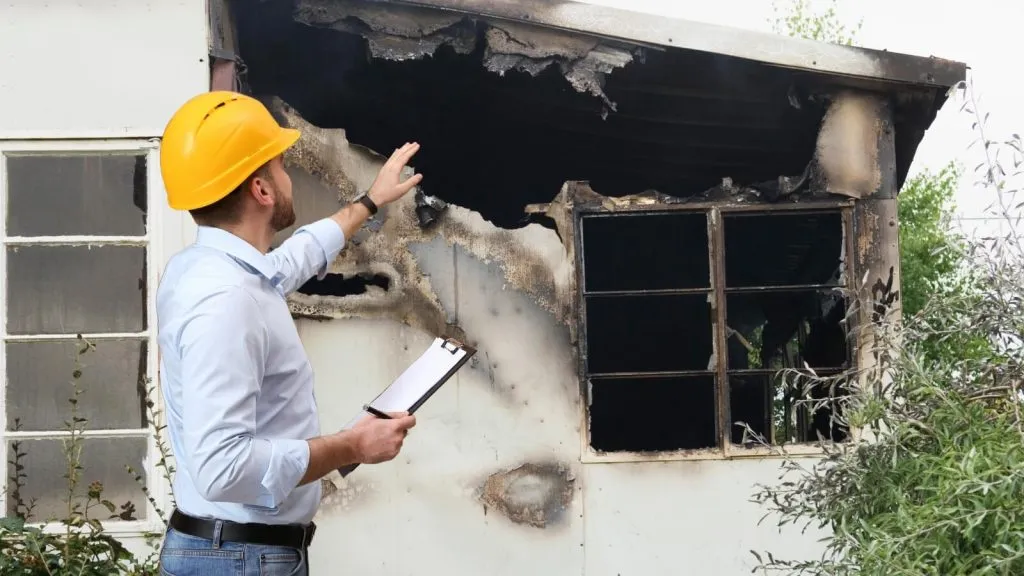
.svg)